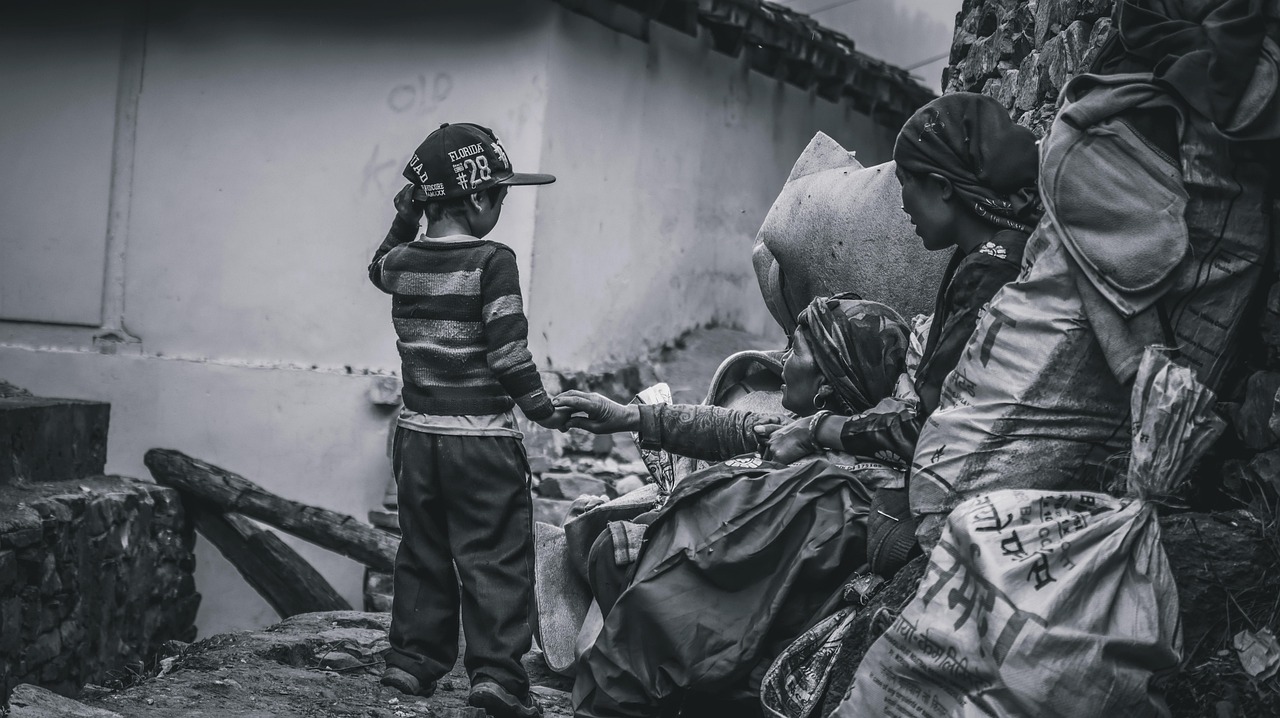Context and issue:
In recent years, Jordan’s education system has faced increasing challenges due to the influx of refugees, mainly from neighbouring Syria and Palestine, and the obstacles marginalized children experience at public schools. The arrival of many refugees has added pressure to a system which was already struggling with existing issues like low performance when compared to global standards, overcrowded classrooms and lack of advanced resources. These pressures have particularly impacted marginalized students, including refugees and children from under-served communities, who face additional barriers such as a lack of home support, poor access to transport which leads to low attendance, and in some cases environments where domestic violence is present. To manage the demand, Jordanian schools have introduced double shifts, with local students attending in the morning and refugees in the afternoon, further lowering educational quality. There is also a lack of programs that focus on social and emotional learning (SEL), meaning children with disabilities often lack targeted support. While Jordan’s Ministry of Education (MoE) has acknowledged the need for SEL programs, limited funding from national and international donors has made delivery scarce. These factors have created an urgent need for initiatives like Masahati to support vulnerable students.
Solution:
The Masahati Student Clubs (MSC) program is part of a broader initiative launched by Madrasati, an NGO founded by Her Majesty Queen Rania Al Abdullah in 2008. The program aims to improve education standards in the country by providing after-school clubs that are designed to engage marginalized children in activities that promote social skills and personal development. The Proud to Be a Teacher (PtBT) program complements the initiative by also supporting teacher development through training on SEL curriculam. The program focuses on schools in marginalized areas, ensuring fair and equal access for both local students and refugees. It also has incorporated a way of monitoring the program’s effectiveness, including field visits, interviews, and pre-and post-assessments. The program has a goal to support 40,000 children by 2023 and one million by 2034.
Impact:
By September 2022, the program had been introduced in 135 schools, impacting 22,731 students, including over 17% Syrian refugees, and trained over 580 teachers. Feedback has shown that students and teachers feel the program has improved the school environment and student behavior. Caregivers have also reported positive changes at home, including better family relationships and increased confidence among students. The report also shows that students felt that the clubs motivated them to think about their futures and improve academically. However, more precise measurement of the specific student outcomes is still notable.












